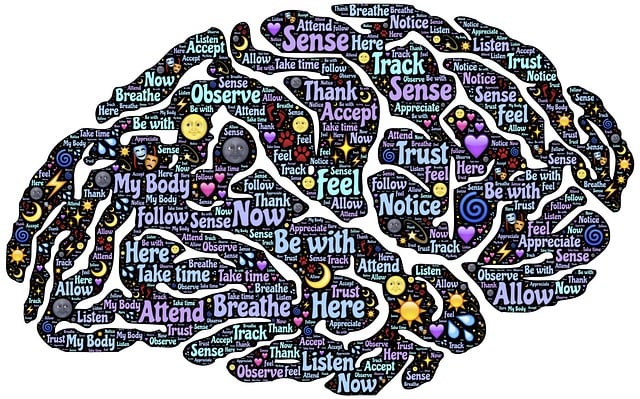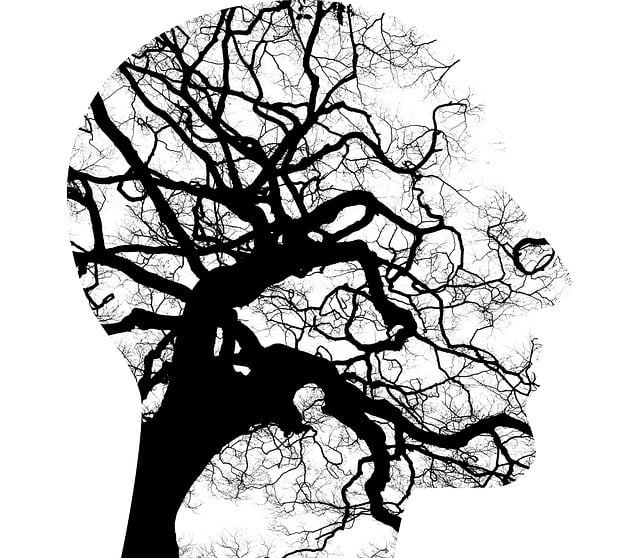Mental wellness in children involves fostering emotional, psychological, and social well-being, with early intervention through therapy crucial to prevent future mental health issues. Key aspects include navigating major life transitions like starting school or dealing with loss, using age-appropriate techniques like play therapy, and promoting open communication between parents and children. Public awareness campaigns and destigmatization of therapy encourage early access to support, empowering kids to build resilience and self-esteem for future challenges, especially during major life transitions.
Promoting mental wellness in children is a vital task, especially as they navigate their formative years and major life transitions. This article guides parents through understanding and fostering healthy minds in young children, offering practical strategies for both prevention and intervention. From recognizing early signs of distress to exploring therapy options like cognitive-behavioral therapy (CBT) for young minds, these tools empower adults to support children’s emotional resilience. Learn how to navigate challenging times and equip children with skills for life’s twists and turns, including effective strategies during major life transitions.
- Understanding Mental Wellness in Young Children
- Navigating Major Life Transitions: A Guide for Parents
- Therapy Options for Children: Early Intervention Strategies
- Fostering Resilience During Challenging Times
Understanding Mental Wellness in Young Children

Mental wellness is not just the absence of mental illness; it’s a state of emotional, psychological, and social well-being where children can flourish and reach their full potential. For young children, understanding and promoting mental wellness involves nurturing their developing brains and emotional capacities. It’s about creating environments that foster healthy attachment, secure relationships, and effective coping strategies. Early intervention is key; spotting signs of distress or difficulty in emotional regulation can prevent more severe issues later in life.
Therapy for young children plays a crucial role in addressing mental health concerns, especially during major life transitions such as starting school or experiencing loss. Mental Health Policy Analysis and Advocacy highlights the importance of accessible and age-appropriate services to support these vulnerable individuals. Crisis Intervention Guidance is also essential, offering strategies to help children cope with traumatic events and build resilience. By integrating Emotional Regulation techniques into daily routines, we can empower young minds to navigate challenges and promote a positive mental wellness trajectory.
Navigating Major Life Transitions: A Guide for Parents

Navigating Major Life Transitions is a crucial aspect of mental wellness promotion, especially for parents supporting their young children. Major life changes, such as moving to a new city, starting school, or experiencing the loss of a loved one, can significantly impact a child’s emotional well-being. Parents play a vital role in helping their kids cope with these transitions by fostering open communication and providing a stable support system.
One effective strategy is incorporating therapy for young children tailored to address specific life transition challenges. Mindfulness meditation techniques, often integrated into therapeutic practices, can enhance self-esteem improvement and resilience. Additionally, public awareness campaigns focused on mental health can further educate parents and communities about recognizing and supporting children during these pivotal times.
Therapy Options for Children: Early Intervention Strategies

Early intervention is crucial when it comes to supporting mental wellness in children. Therapy options for young kids can play a pivotal role in helping them navigate major life transitions and overcome challenges such as anxiety, depression, or behavioural issues. These sessions focus on fostering inner strength development and building resilience, enabling children to develop healthy coping mechanisms and adaptivity skills that will serve them well throughout their lives.
Through age-appropriate techniques, therapists cater to the unique needs of therapy for young children. Play therapy, for instance, is commonly used to help kids express themselves and process emotions nonverbally. This approach not only aids in anxiety relief but also boosts confidence by providing a safe space for exploration and discovery. By addressing mental health concerns early, parents can ensure their children have the tools necessary to thrive and navigate future challenges with increasing ease.
Fostering Resilience During Challenging Times

In today’s rapidly changing world, fostering resilience among young children is more critical than ever. Therapy for young children plays a pivotal role in equipping them with the skills to navigate and overcome challenges, especially during major life transitions. By implementing evidence-based practices, therapists can enhance their ability to adapt and bounce back from adversity, building a strong foundation for future mental wellness.
Mental health policy analysis and advocacy also contribute significantly by ensuring that resilient outcomes become a priority in communities worldwide. Increased Mental Health Awareness campaigns help destigmatize therapy and encourage early intervention, enabling children to access the necessary support promptly. Through Self-Esteem Improvement strategies incorporated into these initiatives, young individuals learn to believe in themselves, fostering a positive outlook that reinforces their resilience during challenging times.
Mental wellness is a vital aspect of a child’s overall development, and understanding its significance from an early age is key. By navigating major life transitions with sensitivity and providing access to appropriate therapy for young children, parents can foster resilience and promote healthy coping mechanisms. Early intervention strategies are essential tools to support children through challenging times, ensuring they have the resources needed to thrive and grow into resilient adults. Remember, seeking help and embracing open conversations about mental wellness are signs of strength and care.










